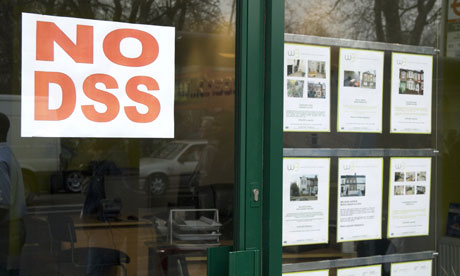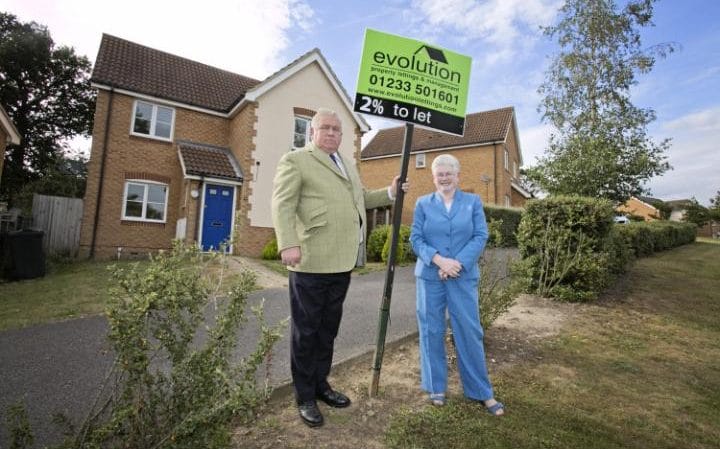Increasing numbers of Housing Benefit claimants are being excluded from the private rental sector as the number of properties listed as ‘No DSS’ grows according to a House of Commons Briefing Paper. ‘No DSS’ (standing for “Department of Social Security” which was replaced by the Department for Work and Pensions 16 years ago) means the landlord or agent won’t rent a property to someone on housing benefit or local housing allowance.
The House of Commons reports corroborates anecdotal evidence from the Hackney-based private renter information and campaign group Digs which found only one studio flat on the market available to Housing Benefit claimants in a survey of 50 local estate agents between December 2015 and February 2016.
Despite calls from renters rights groups to outlaw the proscription of renters receiving state benefits on discrimination grounds, the House of Commons briefing paper stated that such restrictions on Housing Benefit claimants is “unlikely to amount to direct discrimination as income and employment status are not protected characteristics under the Equality Act 2010.”
The paper also highlighted other factors which may be exacerbating landlords’ reluctance to let to Housing Benefit claimants which include:
- uncertainly around the roll-out and implications of Universal Credit
- the payment of Housing Benefit in arrears
- restrictions in mortgage agreements and insurance requirements
- impending tax changes resulting in landlords focusing on “less risky” tenants.
The House of Commons report was soon followed by significant coverage of the publication of a list of banned tenant types from Britain’s biggest landlord, Fergus Wilson, which included tenants receiving benefits. Mr Wilson also included workers on zero-hour contracts, single parents, battered wives and plumbers on his list of undesirable tenant types.
In addition the the reluctance of many landlords to rent to people on benefits, mortgage lenders may also be exacerbating this situation. In 2012 for example, the buy-to-let lender, The Mortgage Works, stated that no new mortgages would be advanced to landlords whose tenants received benefits. This condition was later withdrawn after significant negative press coverage. Other property letting websites also include a search filter to screen out properties which do not allow tenants on benefits.
This situation is of such importance to large numbers of renters that the housing charity Shelter has published a guide for benefit claimants to convince a landlord to rent to them.



